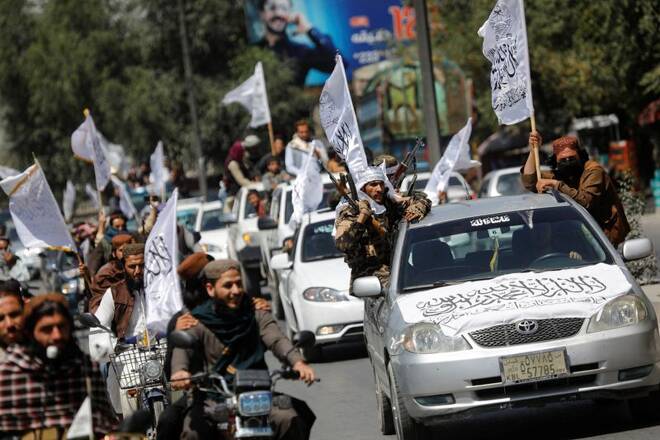Advertisement
Advertisement
Top diplomats, former UN officials seek to fix ‘Wild West’ of peacemaking
By:
(Corrects headline to say .. former UN officials ..not.. UN officials)
By Emma Farge
GENEVA (Reuters) – A group of diplomats, former statesmen and U.N. officials began seeking political backing this week for a peacemaking framework to shape new standards for resolving conflicts that they say can avoid past mistakes such as in Mali and Afghanistan.
There are more than 50 active conflicts in the world, from Democratic Republic of Congo to Ukraine, affecting some 2 billion people – a record for the post-World War Two period.
But the framework’s proponents, who have just completed a two-year consultation period in dozens of countries, say today’s peace brokers are applying the wrong strategy.
“You could say ‘Why the hell are people talking about peace when the whole thing falls apart?’ But there’s not a more important moment to talk about peace,” Bert Koenders, former U.N. envoy for Mali who is the Principles for Peace co-chair, said on the sidelines of a meeting with countries in Geneva.
He added that currently peace brokers were applying misguided stabilisation ideas and then quickly pulling out. “You see that in Afghanistan, you see that in Mali. That is wrong.”
The Taliban swept to power in Afghanistan in August 2021 as U.S. and other Western troops withdrew amid scenes of chaos. France’s withdrawal from Mali last year has prompted a broader exit from a UN peacekeeping force there that has consistently struggled to fulfil its mandate amid tensions with the military government and an ongoing Islamist insurgency.
Yves Daccord, the former no. 2 of the International Committee of the Red Cross and also a Principles for Peace co-chair, told Reuters it was critical that peace processes shift from being led by international outsiders to being “rooted locally”.
So far, the new covenant has five state sponsors – Germany, Denmark, Sweden, Switzerland and the Netherlands – and its backers are in talks with others as well as private donors. It has more than 100 NGO supporters.
U.S. deputy permanent representative Ben Moeling made broadly supportive remarks at a Geneva meeting, saying innovation in warfare tactics and technology must be accompanied by “the same levels of creativity, resources and commitment” in peacemaking.
While still at an early stage, backers say the principles, which include “enhancing legitimacy” and “accountable security”, could be elaborated into a set of rules and standards such as those that exist for humanitarian norms.
“Right now the peacemaking space is like the Wild West,” said Hiba Qasas, the executive director of the Principles for Peace Initiative, who is Palestinian and a former U.N. official.
Current shortcomings are widely acknowledged and U.N. chief Antonio Guterres is working on a so-called “New Agenda For Peace” this year. The covenant’s backers are in discussions to implement it in an east African country soon, they said.
(This story has been corrected to change “UN officials” to “former UN officials” in the headline)
(Reporting by Emma Farge; Editing by Hugh Lawson)
About the Author
Reuterscontributor
Reuters, the news and media division of Thomson Reuters, is the world’s largest international multimedia news provider reaching more than one billion people every day. Reuters provides trusted business, financial, national, and international news to professionals via Thomson Reuters desktops, the world's media organizations, and directly to consumers at Reuters.com and via Reuters TV. Learn more about Thomson Reuters products:
Advertisement
